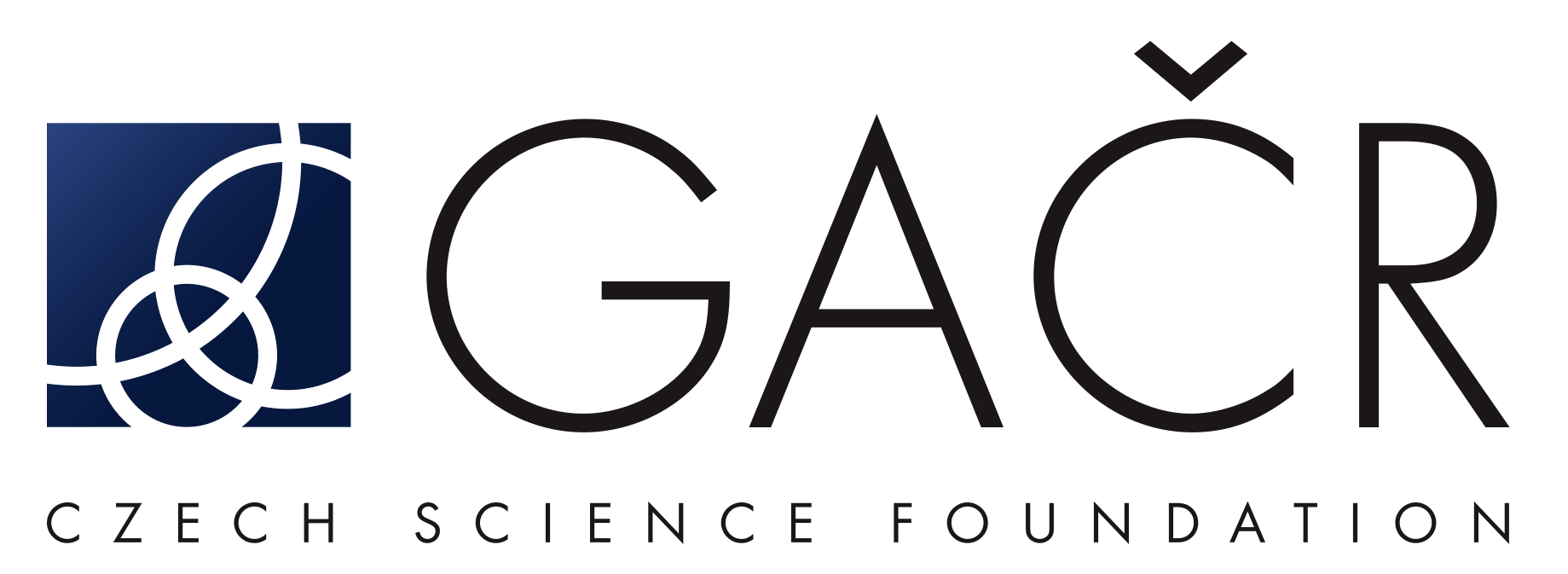One of the key research issues drawing a lot of attention during the last two decades is the subsequence matching problem, which can be basically formulated as follows: Given a query sequence, find the best-matching subsequence from the sequences in the database. The Subsequence Matching Framework (SMF) is a versatile framework for prototyping, building and testing applications employing subsequence matching approaches.Â
Publications
The following publications refer to the framework and can be refferenced in your papers:
- David Novak, Petr Volny, Pavel Zezula. (2012). Generic Subsequence Matching Framework: Modularity, Flexibility, Efficiency. In Database and Expert Systems Applications (Vol. 7447, pp. 256–265). Springer Berlin / Heidelberg. Publisher site
- David Novak, Petr Volny, Pavel Zezula. (2012). Generic Subsequence Matching Framework: Modularity, Flexibility, Efficiency (No. arXiv:1206.2510v1) (pp. 1–15). arXiv:1206.2510v1
- Petr Volný, David Novák, Pavel Zezula. (2011) Employing Subsequence Matching in Audio Data Processing. Technical Report, Faculty of Informatics, Masaryk University, Brno, 2011. FIMU-RS-2011-04
Demos
- Demonstration of subsequence matching on the 50words dataset: link
Downloading
SMF is implemented as two logically separated Java libraries:
- core classes and interfaces (Maven project in ZIP archive):Â SMF core
- package with specific modules and subsequence matching algorithms (Maven project in ZIP archive):Â SMF implementation
- you will also need current versions of the MESSIF library.Â
Licence
The owner of the result is Masaryk University, a public high school. Masaryk University allows other companies and individuals to use this software free of charge and without territorial restrictions under the terms of the GNU General Public License as published by the Free Software Foundation, either version 3 of the License, or (at your option) any later version. M-Index library is distributed in the hope that it will be useful, but WITHOUT ANY WARRANTY; without even the implied warranty of MERCHANTABILITY or FITNESS FOR A PARTICULAR PURPOSE. See the GNU General Public License for more details. You should have received a copy of the GNU General Public License along with M-Index library. If not, see http://www.gnu.org/licenses/.



